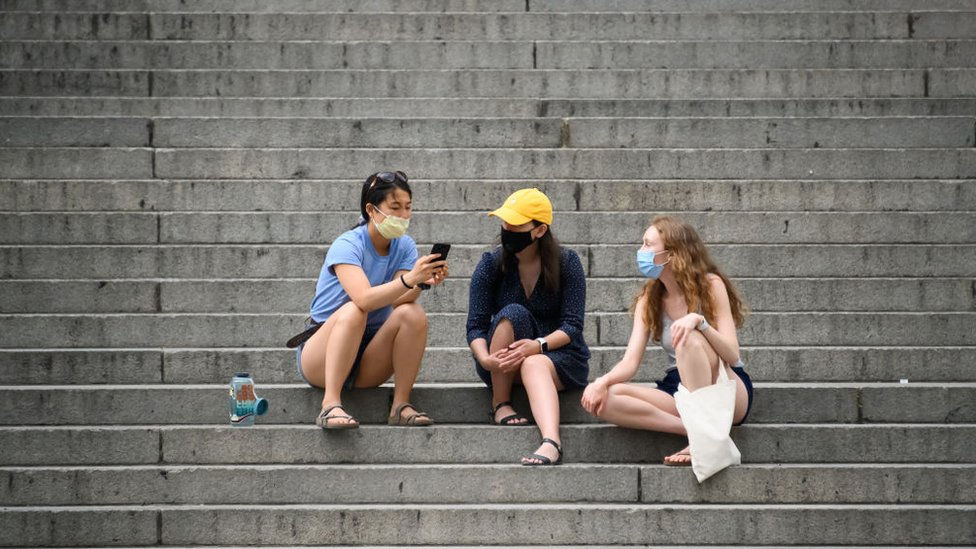Social Science One, and how you are a guinea pig.
- Samarth Modi

- May 29, 2022
- 2 min read
Social Science One, is a research project launched by Harvard in partnership with Meta (Facebook, Instagram and WhatsApp parent company) which actively performs many types of research on Facebook users.

Social Science One is a social research programme launched in April 2018. This was launched through an industry-academic partnership between Facebook, Inc. (now Meta) and Harvard University, Massachusetts. The programme breaks multiple social research ethics as it un-consensually turns all users into experimental subjects.
What does Social Science One do?
The programme's goal is to understand how media consumption changes someone's perceptions and beliefs. To do this, the scientists working under Social Science One try to understand how changes in what a person sees on their screen change their emotions. They have partnered with all platforms under Meta (such as Facebook, Instagram, and WhatsApp) to actively control what the users, like us, see and to evaluate how it changes our moods.
For example, if a researcher wishes to understand how social media control feelings of happiness. They could show one user, like me, many dog videos and then follow my activities to understand whether there are any changes in my mood.
This is done to study the impacts of social media on elections and public opinions. However, the issue is that most users would not consent to such a study being performed on them. This is because most of the research and media manipulation would be to do with things of larger magnitude. Such as presidential candidate preferences, likeliness towards different sects of society and other socio-economic aspects.
Moreover, the impact of the changing media cannot be forecasted or controlled. By not being able to foresee the implications - the researchers at Social Science One freeball with emotional manipulation. Henceforth, we just end up being guinea pigs where our emotions depend on what type of research is being conducted.
Many social science journals have showcased their resentment regarding this research programme. The major issue is that the programme actively breaks many social science ethics laws - especially consent; however, government organisations find themselves helpless against the social media giant.
Hence, we just end up being tested on - while we can only hope that whoever controls our screens is not a bad person.





Comments